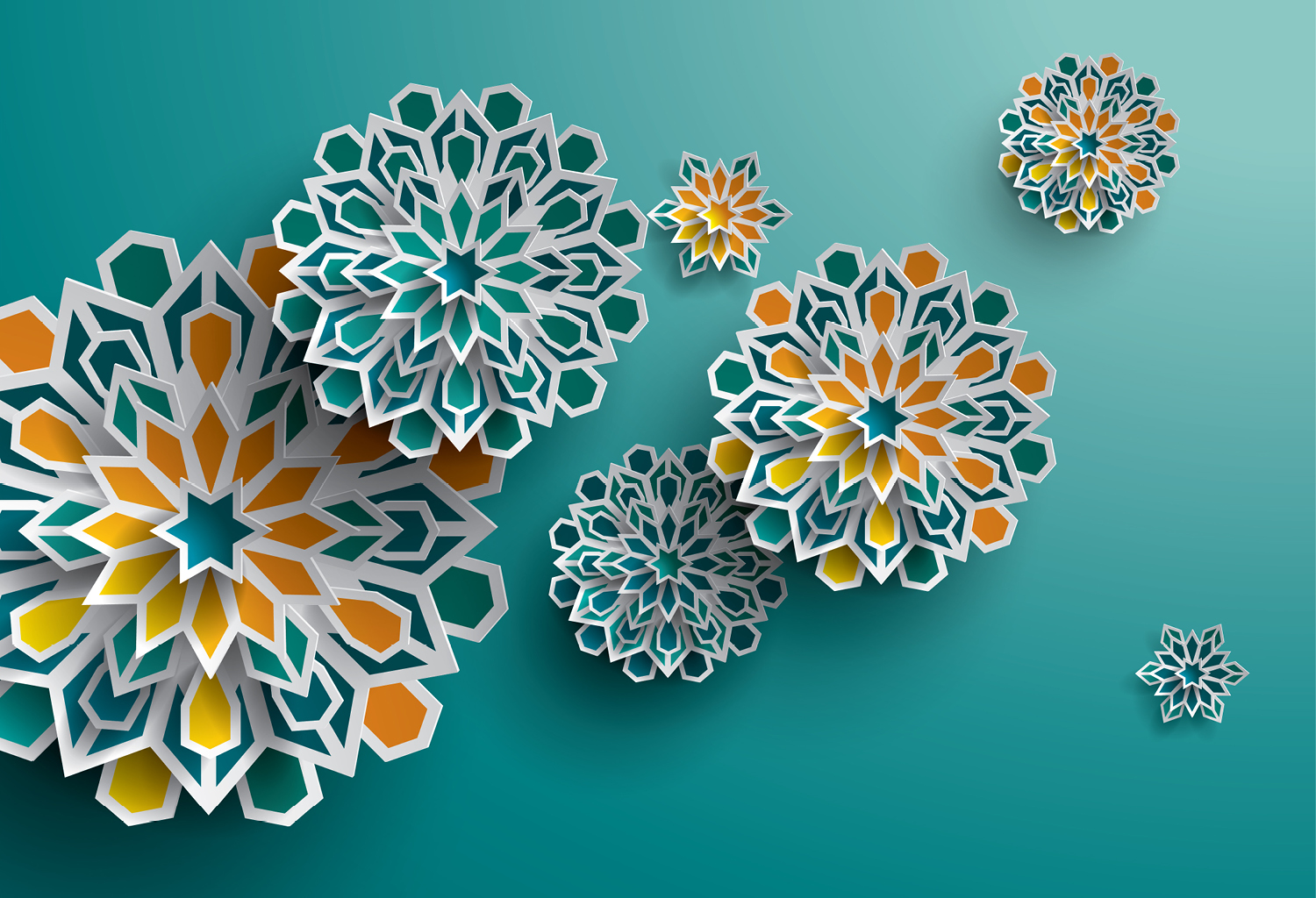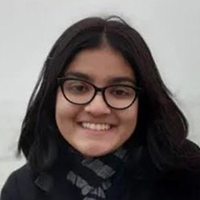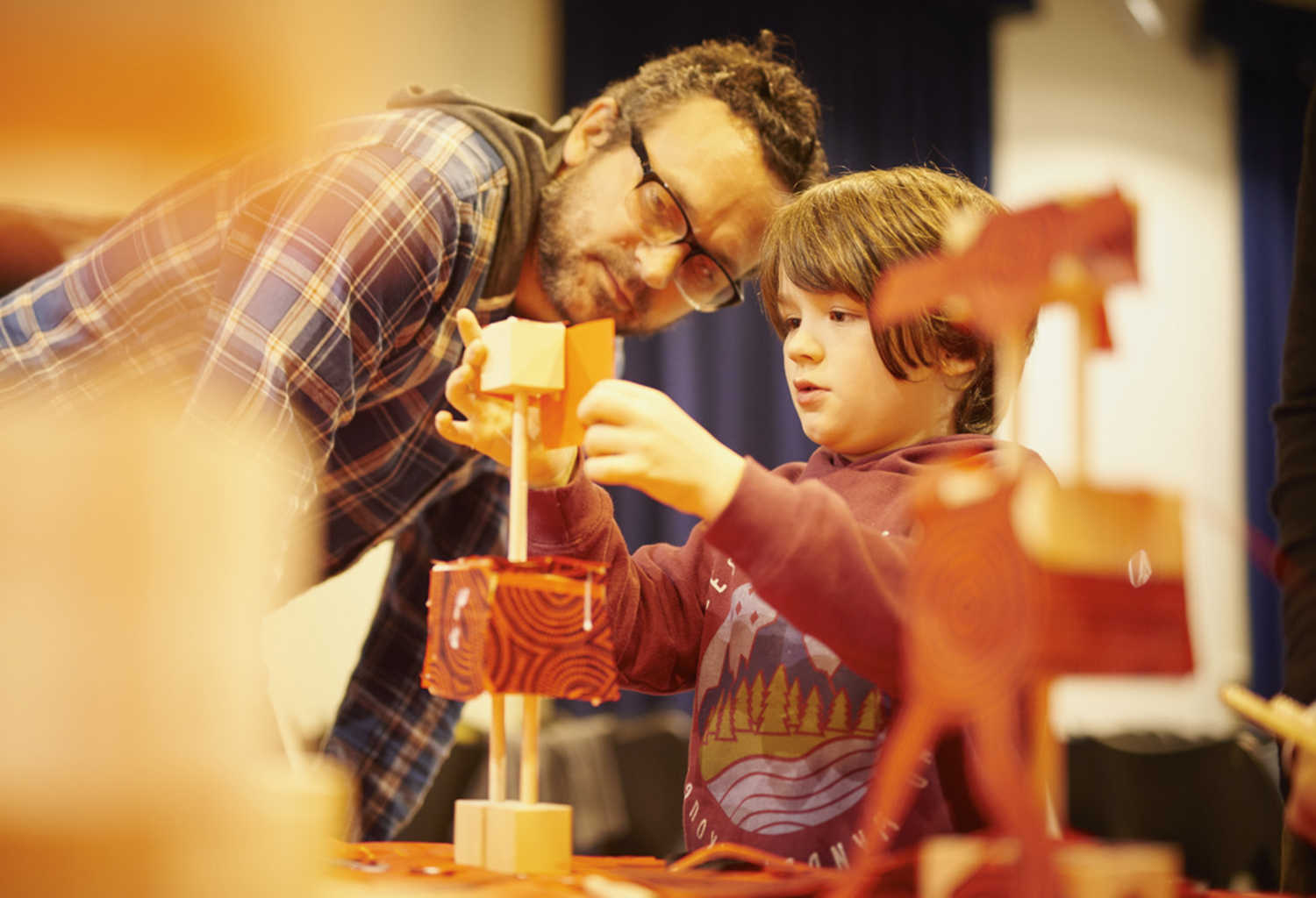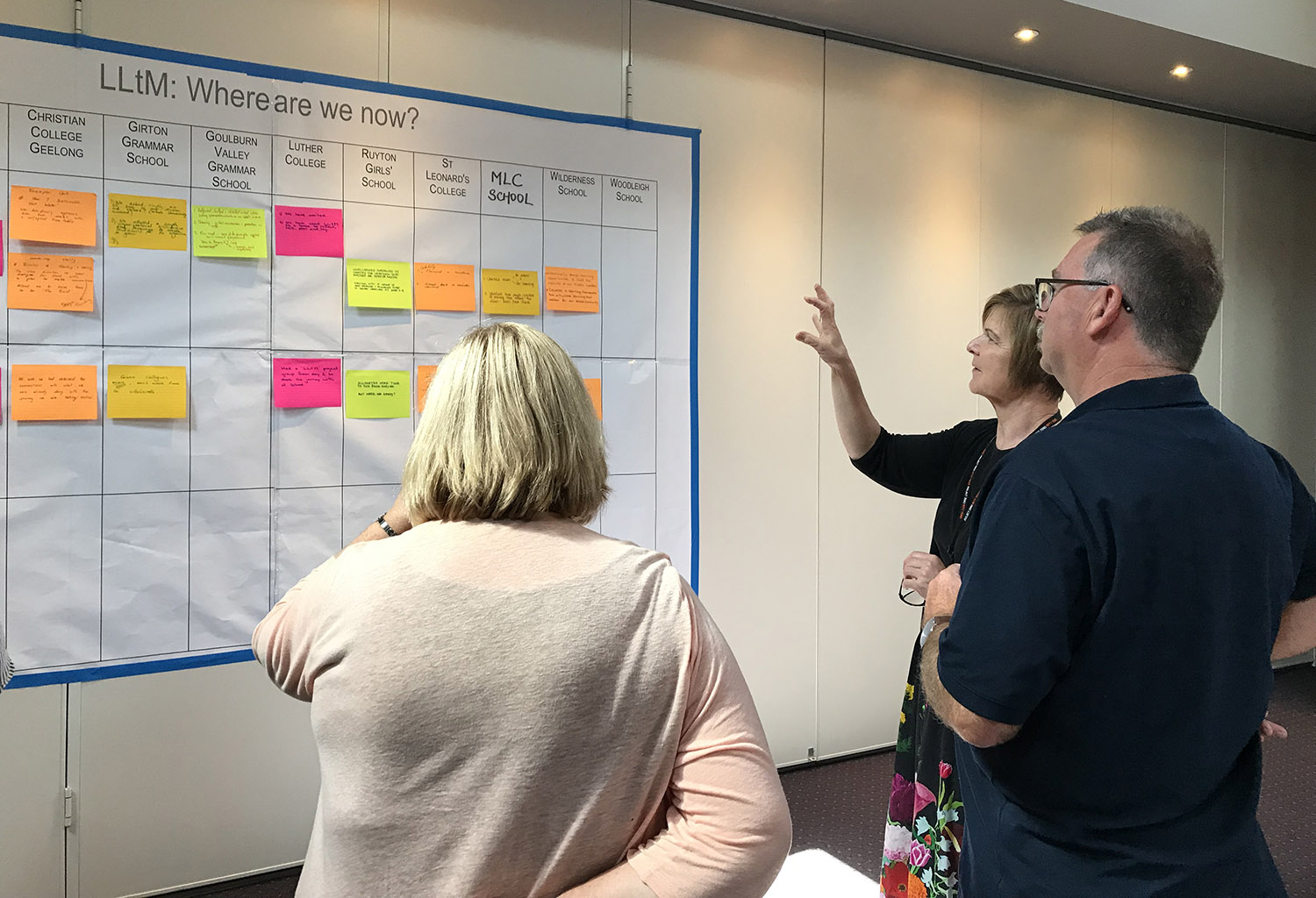My Christmas - Eid-ul-Fitr – matters, too

3 min read
It’s time school calendars reflected the diversity of society, argues Ahelee Rahman from Melbourne Girls Grammar.
For most of my life, I have been the only Muslim student in my classroom. That has meant a few things, but most significant is explaining Ramadan and Eid to my peers and teachers every year.
I have always described it as ‘my religion’s Christmas’ – it involves celebrating with family and friends, reflection about our values, our faith and our privilege, and sharing the joy of our festivities with others, no matter their religious beliefs.
Since the first time I stood up in front of my prep class at five years old and did a show-and-tell about Ramadan and Eid, I feel that our society has changed. We have had more and more meaningful conversations around inclusivity of all cultures and religious beliefs.
However, as much as our society has changed, our school calendars have not. Our school calendars do not reflect our societal acknowledgement of Eid, and this is particularly clear in the scheduling of NAPLAN during Eid-ul-Fitr this year.
“Since the first time I stood up in front of my prep class at five years old and did a show-and-tell about Ramadan and Eid, I feel that our society has changed ... [but] our school calendars have not.”
I wish I could say that I was shocked and surprised to hear that this is happening, but unfortunately I can’t say I am. It is not uncommon for schools to schedule special events like camps or concerts during Eid, and it is concerning that measures have not been taken within the education system to ensure that these clashes do not take place.
I am not saying that there needs to be a public holiday for all Muslims on Eid (as great as that would be!) – I am asking that schools stop making students choose. I don’t want to be excluded because I have a different faith.
This is not just an issue for the Muslim community but for many diverse communities around Australia. Schools not acknowledging the importance of this date makes these communities feel like they do not matter, that their celebrations don’t deserve to be acknowledged, respected or accommodated. These events are more than just a big party; they a shape who we are as people.
As migrant communities, we already have to work so hard to hold onto our culture and our traditions, and when schools are ignorant of our heritage, it sends a message.
When I think about sharing my frustrations, I often second-guess myself. Is it that big of an issue? But then I think about my family friend in grade three this year who has made the hard decision with their family to skip Eid to sit their first NAPLAN tests.
I remember missing out on Eid in year 8 to go on school camp. I remember emailing the organisers of an inclusivity conference (the irony!) in year 7, informing them that their dates fell on the Eid weekend; their reply vowing to do better, only to do the same thing the next year and the year after.
I think of all Australian young people who come from diverse communities and the way that these celebrations signify the coming together of both parts of their identities.
My Christmas matters too. I hope that schools all around Australia can acknowledge the negative impacts of ignoring these special days, and the importance of amending the school calendar so that students no longer have to choose between their education and their celebration.
Ahelee Rahman is a year 11 student at Melbourne Girls Grammar. This article first appeared in The Age.



